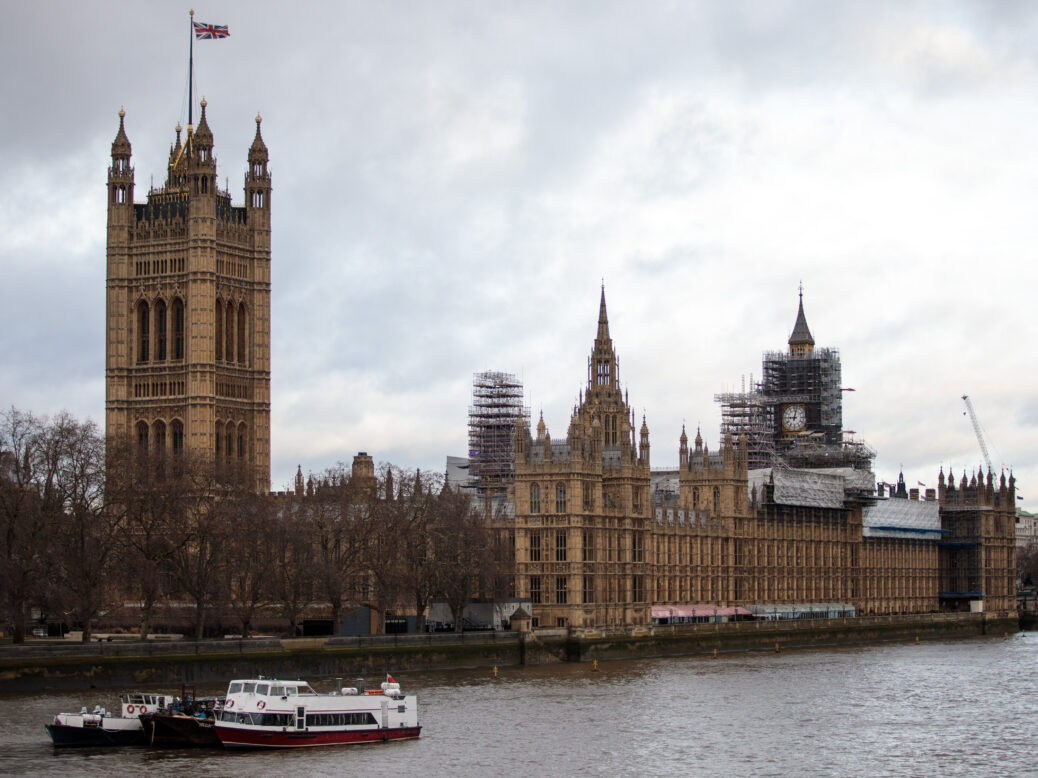
Early on last month, Michael Bates resigned as a government minister. But not for the first time.
Three years earlier he stood down to embark on a walk from Buenos Aires to Rio de Janeiro to promote the Olympic Truce. On his return, he was reappointed but then resigned again a year ago because he had arrived in the Lords Chamber a minute too late to answer an oral question. On that occasion, the Prime Minister refused to accept what many thought to be an honourable if rather unnecessary action.
This latest time, Bates is going on another walk, from Belfast to Brussels. The objective this time is to find out how the UK can restore national unity and rediscover our shared common ground. No doubt he hopes the answers will come on his very own road to Damascus, or perhaps Derby or Dartford.
One thing he is right about however, is that questions need answering. That is why I am introducing a debate in the Lords next Thursday on the toxicity of debate in public life and the divisions being fostered within our society.
Such toxicity led to the murder of Jo Cox in the run up to the European referendum, since when politics has – if anything – become even more fractured. Threats to MPs have rocketed with 142 offences recorded in 2017, rising to 270 last year. Death threats are now commonplace. MPs’ homes and offices are attacked and their constituency staff intimidated.
Evidence received by the Committee on Standards in Public Life put it starkly: “The tone of modern political discourse permeates through society and normalises abusive and … aggressive language.”
Does this matter? A poll commissioned by the Daily Mirror found that three-quarters of the public now feel that the country is more divided than ever before. And perhaps unsurprisingly, four in five have lost faith in British politics.
This does not bode well for the health of our democracy, with a weakened centre and increasingly polarised politics giving legitimacy to more extreme views. A situation that is exacerbated when those in public life – politicians and commentators especially – fail to confront and answer extremist arguments.
If to ignore is to condone, worse still is to echo and pander to such views. Yet at the same time, a failure to talk meaningfully about the impact of immigration on our economy and society is one step away from legitimising the stirring up of hatred against migrants and asylum seekers. Demonising one minority leads to the isolation and exclusion of others – a slippery path that has led elsewhere to pogroms and genocide. Let’s not forget how quickly civilised norms broke down in Kosovo and Rwanda.
True political leadership is not about following the basest instincts of those whose support you seek. Instead, it should be about educating, persuading and inspiring – and taking on intolerant views and calling them out.
A first step is for our political parties to put their own houses in order. For Labour, that means ending the denial and prevarication so as to eliminate the stench of anti-Semitism emanating from some in our party. Similarly, the Conservatives must take swifter action against those in their ranks who are bigoted against Muslims. Only then can either party claim to have the moral authority to address the wider problems in society.
Ultimately, all of us have a responsibility to defend the core values that have shaped our country over the past 75 years. Failure to do so will see the very fabric of our democracy wither and decay.
Toby Harris of Haringey is chair of the Labour Peers Group. He tweets @LordTobySays.





